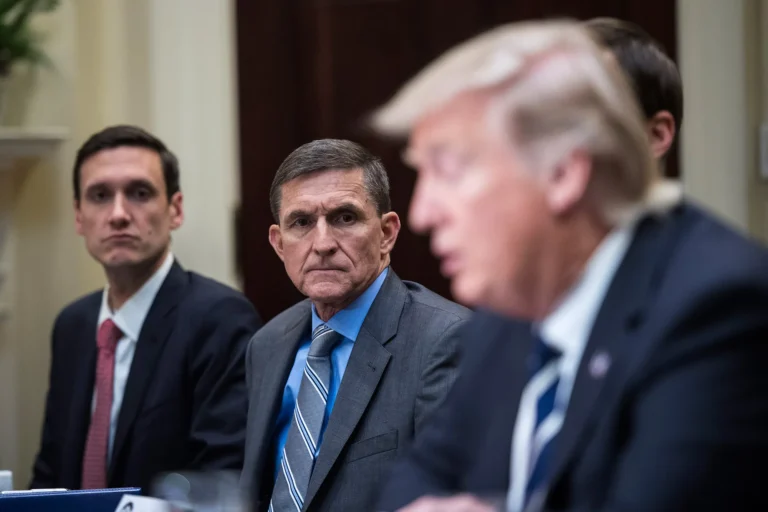Trump Ensures U.S. Troops Are Paid Despite Government Shutdown
Amidst the ongoing political turmoil caused by the federal government shutdown, U.S. military service members received their scheduled pay on October 15, 2025, thanks to proactive efforts from the Trump administration.
The mid-month payday, part of the standard bi-monthly pay cycle for active-duty military personnel, was issued without interruption, providing much-needed relief for service members and their families during a time of widespread uncertainty in Washington, D.C.
The government shutdown, which has left many federal employees uncertain about the future of their paychecks, has not affected the pay of U.S. troops. The Defense Finance and Accounting Service (DFAS), the agency responsible for processing military payroll, confirmed that the payments were successfully processed and delivered on time.
In a move that was both unprecedented and crucial, the Trump administration authorized the Pentagon to tap into approximately $8 billion in unobligated research and development funds. These funds were repurposed to ensure that military paychecks would be issued on schedule. This unprecedented step was taken to prevent any interruptions in compensation for active-duty personnel, an issue that has never occurred in the history of the United States military.
By using these funds, the administration ensured that military members would not face the financial instability that has affected other federal employees due to the shutdown. Despite today’s successful pay delivery, the situation remains precarious for future payments. While U.S. troops were able to receive their paychecks on time this time, there is no guarantee that this will continue if the government shutdown persists.
Hundreds of thousands of federal workers have already been furloughed, with many others working without pay. For these employees, the lack of compensation is creating significant financial stress, and military personnel are not immune to this uncertainty.
While the Trump administration has prioritized military pay, the continuation of compensation beyond this point hinges on the resolution of the ongoing funding gap and the possibility of further financial intervention.
For service members who use direct deposit services, such as those with institutions like USAA or Navy Federal Credit Union, it is possible that their pay was available slightly earlier than the official payday. These financial institutions often process military pay deposits a day or two in advance, providing members with earlier access to their funds. This early availability of pay can be especially beneficial for service members stationed overseas or in remote locations where access to financial resources can be more limited.
The decision to protect the paychecks of active-duty military personnel during the shutdown highlights the critical importance of maintaining the financial stability and morale of the U.S. military. While the shutdown has created chaos and uncertainty for many federal workers, the financial security of those serving in uniform remains a priority.
For military families, the mid-month paychecks represent a temporary sigh of relief. Service members who are relying on their pay to support their families, pay bills, and meet other obligations can take comfort in knowing that, for now, their financial routine remains intact.
However, the long-term outlook remains uncertain as the shutdown continues to put pressure on the federal budget and the stability of various government services. The disruption of services, including delays in federal benefits, education programs, and public health initiatives, underscores the wider consequences of the current political deadlock. As the shutdown continues, the long-term effects on both federal employees and the general public remain uncertain.
While military personnel have been shielded from these financial struggles, other government employees have been left to navigate the consequences of the shutdown without the guarantee of a paycheck.
For now, U.S. troops can take comfort in knowing their immediate financial needs have been met, even as the future remains uncertain.






